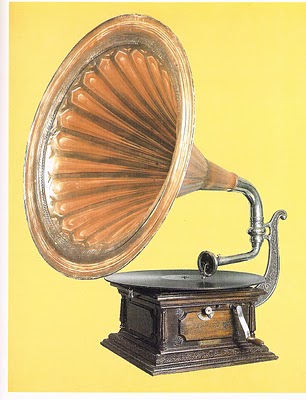Q: What is the “History of Recorded Popular Music”?
A: The History of Recorded Popular Music is a collection of playlists, sixty-five in all, each between sixty and eighty minutes in length, which chronicle the development of American (and, later, British) popular music from 1917 to the present. Inspired by the Norton Anthologies of English literature, we have set out to define a canon of not merely popular music, but soulful popular music, recorded popular music that has inspired and continues to inspire, that presents the great moments in recorded musical performance, limited to popular, not serious (“classical”) music.
Q: What do you mean by “soulful”?
A: Soul is ethos. Perhaps not in a purely Classical sense, but as a modern rhetorical standard of believability, the ability to persuade, soul is ethos. This can’t be quantified, but as Potter Stewart wrote of pornography, we know it when see it, or, rather, when we hear it. Soulful popular music oozes soul.
Q: What is popular music?
A: For our purposes, popular music is music that was originally intended for entertainment purposes; it may (like jazz or progressive rock) possess real or imagined pretensions to art, but its first goal is/was to entertain; hence, no “serious” or “classical” music is included. Further, while many gold-record-awarded Grammy winning artists are included on the list, many are not. Our primary focus is on rock and its forebears and followers; thus, the early volumes concentrate on jazz, blues, folk, and country musics – the rich wells from which rock springs. Some strains are followed, some are not. It is useful to remember Robert Christgau’s notion of “semi-popular music”, a term he coined in order to discuss the music of, among others, Captain Beefheart: "music that is appreciated--I use the term advisedly--for having all the earmarks of popular music except one: popularity.” Influence, soul (see above), and listenability to modern educated listeners are our guides.



